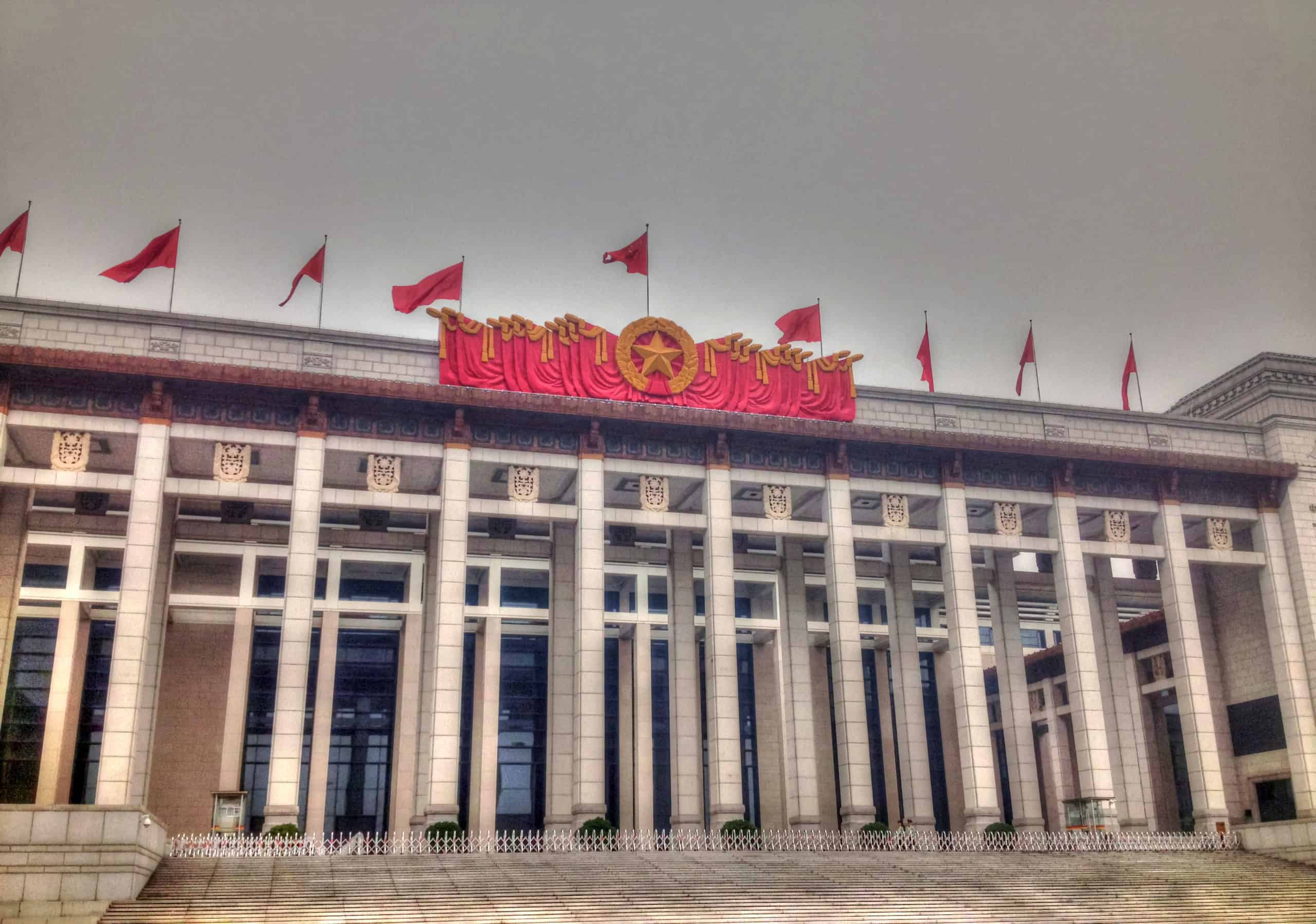Seven members of the Chinese legislature representing the central bank have called for far-reaching amendments to the Commercial Banking Law (商业银行法) at the recently concluded 2020 Two Sessions congressional meeting.
The Work Report for the 2020 National People’s Congress (NPC) made mention of amendment of the Commercial Banking Law, while during the Two Sessions meeting itself in late May seven representatives of the Chinese central bank submitted amendment proposals.
Key recommendations by congressional representatives included:
- Removal of separate provisions for foreign-invested banks, Sino-foreign joint-venture banks and the branches of foreign banks in China.
- Establishment of a three-tier licensing system for Chinese banks, encompassing full function banks (A-tier), specialist banks (B-tier) and regional banks (C-tier).
- Expansion of the permitted operations of commercial banks in China.
The current Commercial Banking Law was first passed in 1995, and has since been amended twice. 2003 saw the introduction of major amendments, while in 2015 the legislature deleted the requirement that the deposit/loan ratio not exceed 75%.
The general opinion within China’s banking sector is that the Commercial Banking Law is in urgent need of amendment following increasing diversification of products and services since its introduction 25 years ago.
Amendment proposals for the Commercial Banking Law made by Chinese congressional members in 2020
| Congressional member | Positions | Amendment proposals |
| Yin Xingshan (殷兴山) | Head of the Hangzhou branch of the People’s Bank of China (PBOC) and Chinese People’s Political Consultative Conference (CPPCC) representative | |
| Cui Yu (崔瑜) | Chair of Chengyin Clearance Services Co., Ltd. (城银清算服务有限责任公司) and NPC representative | Expansion of the scope of permitted banking operations. |
| Zhang Zhifu (张智富) | Head of the Nanchang branch of PBOC and NPC representative | Allowing commercial banks to engage in comprehensive operations or mixed operations, given that Chinese banks already have share control of non-bank financial institutions including brokerages, insurers and investment funds. Clear provisions on wealth management operations, e-banking operations, wealth management, interbank operations and investment banking. Establishment of orderly disposal mechanisms for commercial banks, highlighting of market-based disposal principles. |
| Yang Xiaoping (杨小平) | Former head of the Kunming branch of PBOC and NPC representative | “Commercial banking” is limited in its definition, and does not include many types of other institutions that engage in depository and lending operations. |
| Guo Xinming (郭新明) | Head of the Nanjing branch of PBOC and NPC representative | Differentiated standards for bank asset scale, use of multiple indicators for assessments, including current market position, risk tolerance, operating features and main region. Division of Chinese banking license categories into A-tier (full function bank), B-tier (specialist bank) and C-tier (regional bank). |
| Xu Nuojin (徐诺金) | Head of the Zhengzhou branch of PBOC and NPC representative | Clarify that development financial institutions, policy banks and finance companies be subject to approval from regulatory authorities for handling of commercial banking operations. Include non-bank financial institutions and private financial institutions that engage in banking or depository activities within the purview of the Commercial Banking Law. |
| Zhu Surong (朱苏荣) | Head of the Shenyang branch of PBOC and NPC representative. | Improve legislative adjustment scope, drive fair competition, clarify the legal position of village banks, community banks and online banks, to provide policy space for the growth of new banks. Deletion of separate provisions for foreign-invested banks, Sino-foreign joint-venture banks and foreign bank branches. Further expansion of financial opening, expediting fair market competition. |
Related stories
Li Keqiang Commits to no “Irrigation Stimulus” at Close of Two Sessions Despite COVID-19
Blockchain Bills Prove Popular at China’s Two Sessions Congressional Meeting
Two Sessions Sends Strong Signals on Support for Chinese Fintech Development




